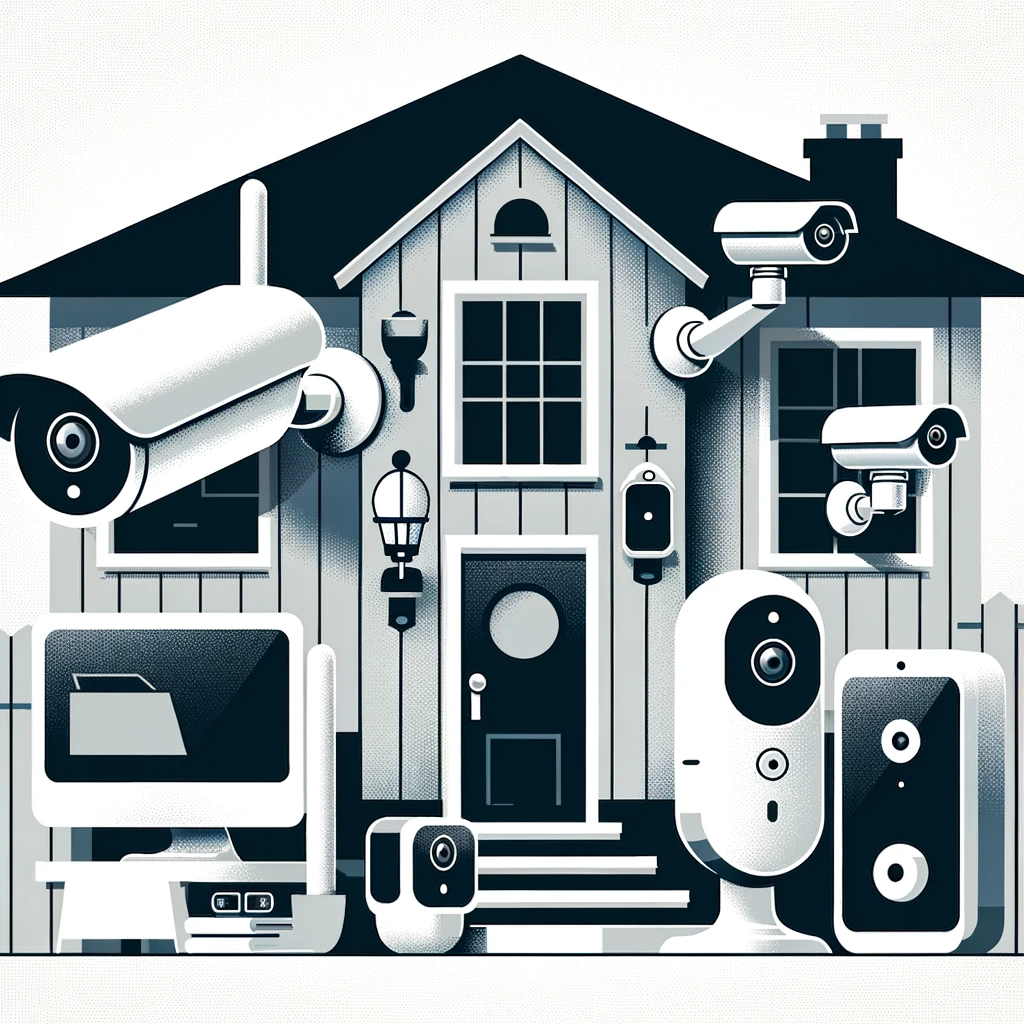Green Living: Transform Your Space with Sustainable Home Improvement Ideas

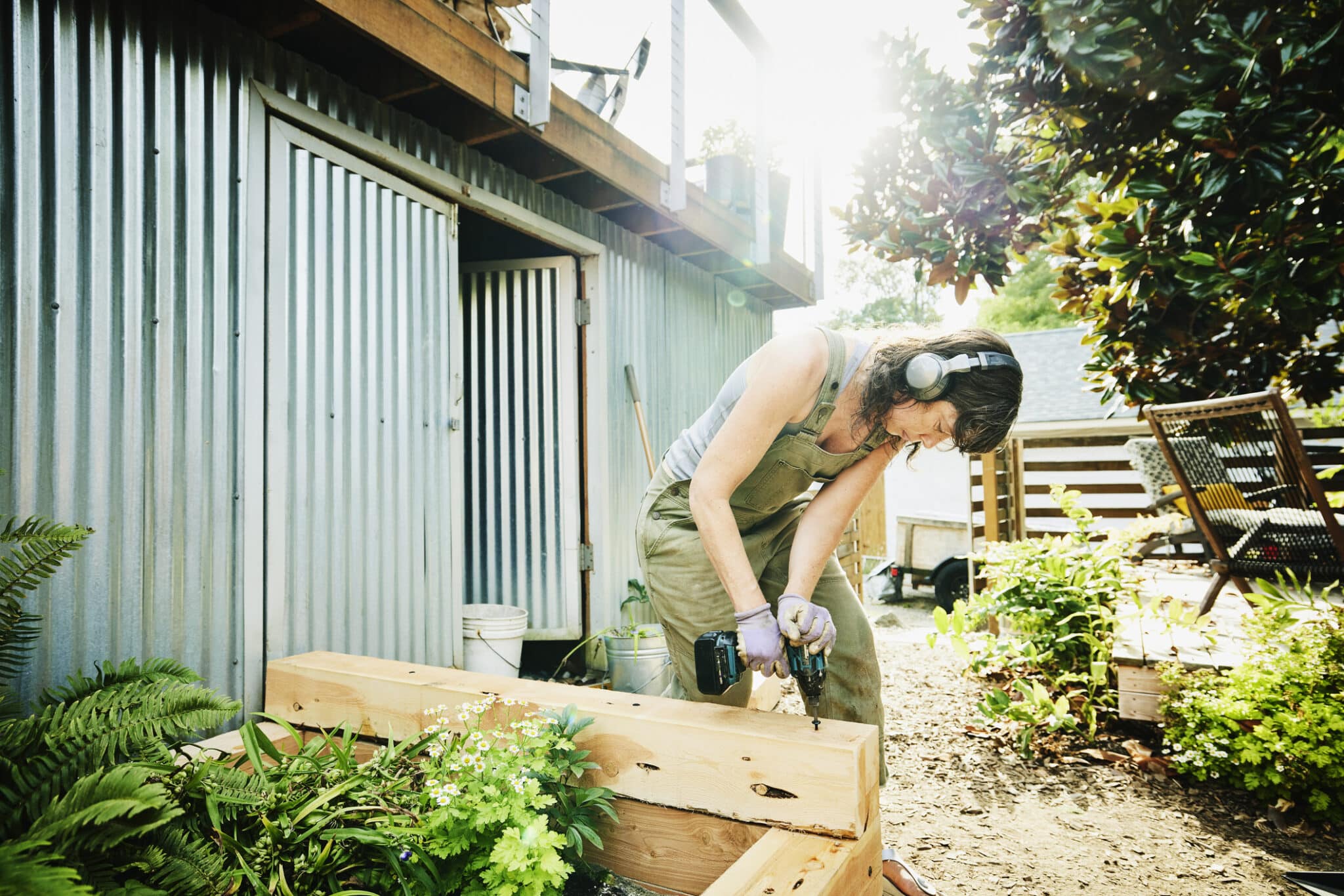
Introduction
Hey there, fellow homeowners! If you're anything like me, you're probably looking for ways to make your home more environmentally friendly and energy-efficient. Well, I've got some good news for you – sustainable home improvements are the way to go!
Overview of sustainable home improvements and their importance
Sustainable home improvements are all about making changes to your home that have a positive impact on the environment. These improvements not only reduce your carbon footprint but also help you save money on energy bills in the long run. It's a win-win!
So why should you prioritize sustainable home improvements? Let me break it down for you:
-
Environmental impact: By opting for sustainable home improvements, you're taking a step towards reducing your home's impact on the environment. Installing solar panels, using energy-efficient appliances, and upgrading insulation are just a few examples of sustainable improvements that can make a significant difference.
-
Energy efficiency: Sustainable improvements are designed to make your home more energy-efficient. This means that you'll be using less energy to power your home, resulting in lower energy bills and reduced reliance on fossil fuels.
-
Health benefits: Many sustainable home improvements, such as improved indoor air quality and using non-toxic materials, can have a positive impact on your health and well-being. You'll breathe easier and enjoy a healthier living environment for you and your loved ones.
-
Increased home value: Investing in sustainable home improvements can increase the value of your property. With rising demand for eco-friendly homes, having sustainable features can make your home more attractive to potential buyers in the future.
Remember, small changes can make a big difference when it comes to sustainable home improvements. So let's start making our homes greener and more sustainable, one improvement at a time!

Energy-Efficient Appliances
As someone who is passionate about sustainability and reducing my carbon footprint, I have always been interested in finding ways to make my home more energy-efficient. One of the most impactful changes I made was investing in energy-efficient appliances. Not only did it help the environment, but it also resulted in significant savings on my utility bills.
Benefits of energy-efficient appliances
There are several benefits to choosing energy-efficient appliances for your home:
-
Lower energy consumption: Energy-efficient appliances are designed to use less energy without sacrificing performance. This means you can enjoy the same level of comfort while reducing your energy consumption and saving money.
-
Reduced environmental impact: Energy-efficient appliances help to lower greenhouse gas emissions and conserve natural resources. By using less electricity, you are helping to combat climate change and protect the planet for future generations.
Factors to consider when choosing energy-efficient appliances
When shopping for energy-efficient appliances, there are a few key factors to consider:
-
Energy Star certification: Look for appliances that are Energy Star certified, as they meet strict energy efficiency guidelines set by the U.S. Environmental Protection Agency (EPA).
-
Energy-saving features: Pay attention to the specific energy-saving features of each appliance, such as adjustable temperature settings, programmable timers, and sensors that automatically adjust energy usage.
Popular brands and models
Some popular brands known for their energy-efficient appliances include:
-
Whirlpool: Whirlpool offers a wide range of energy-efficient appliances, including refrigerators, dishwashers, and washing machines.
-
LG: LG is known for its innovative and energy-saving appliances, such as refrigerators with linear compressors that deliver optimal energy efficiency.
-
Samsung: Samsung offers a variety of energy-efficient appliances, including smart refrigerators, washers, and dryers.
Investing in energy-efficient appliances is not only good for the environment but also for your wallet. By making the switch, you can make a positive impact while enjoying the benefits of lower energy consumption and reduced utility bills.

Solar Power Systems
Advantages of solar power
As someone who is passionate about sustainable living, I have discovered the incredible benefits of solar power. Not only does it help reduce reliance on fossil fuels, but it also saves you money in the long run. By harnessing the sun's energy, you can power your home with clean and renewable electricity. Solar power systems have no direct emissions, making them an environmentally friendly choice. Plus, with advancements in technology, solar panels are more efficient and affordable than ever before.
Different types of solar power systems
There are various types of solar power systems to choose from, depending on your needs and budget. The most common type is grid-tied solar systems, which allow you to use solar energy while staying connected to the electric grid. Stand-alone systems, also known as off-grid systems, are ideal for remote areas or when you want to be completely energy independent. Hybrid systems combine solar power with other renewable energy sources, such as wind or hydro power, for added efficiency and reliability.
Costs and savings
While the initial cost of installing a solar power system may seem high, it is a worthwhile investment. Over time, the savings on your energy bills will help you recoup the costs. Additionally, there are various government incentives and rebate programs available to offset the upfront expenses. On average, homeowners can save thousands of dollars over the lifespan of their solar system.
Installation and maintenance tips
When it comes to installing solar panels, it is recommended to hire a professional to ensure proper installation and maximize the system's efficiency. Regular maintenance, such as keeping the panels clean and checking for any potential issues, is essential to ensure optimal performance. It is also important to regularly monitor your energy production and consumption to identify any potential improvements or adjustments that can be made.
By investing in a solar power system, you are not only making a positive impact on the environment but also taking control of your energy usage and saving money. It's a win-win situation for both your wallet and the planet.
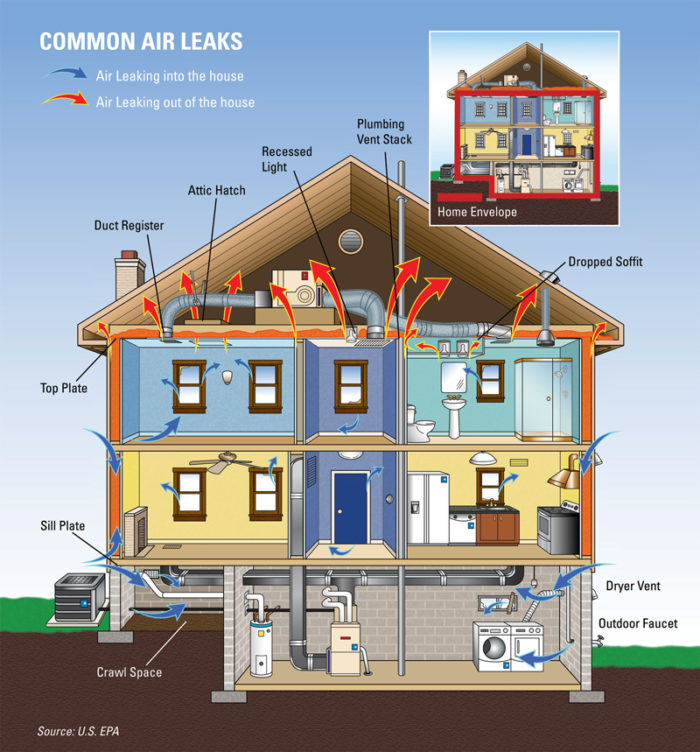
Insulation and Weatherization
Importance of proper insulation and weatherization
As a homeowner, I understand the importance of making sustainable choices for my home. One area that plays a crucial role in energy efficiency is insulation and weatherization. By properly insulating and weatherizing your home, you can enjoy several benefits.
First and foremost, insulation helps to keep your home comfortable all year round. It prevents heat from escaping during the colder months and keeps cool air in during the warmer months. This not only enhances comfort but also reduces the need for excessive heating and cooling, leading to lower energy bills.
Proper insulation and weatherization also contribute to environmental sustainability. By reducing energy consumption, you are minimizing your carbon footprint and helping to combat climate change. This is particularly important considering the significant impact that residential buildings have on energy consumption.
Types of insulation materials
There are various insulation materials available, each with its own unique characteristics. Some commonly used options include fiberglass, cellulose, spray foam, and rigid foam board. Each material has its pros and cons, and the choice often depends on factors such as budget, climate, and specific requirements.
DIY tips for insulation and weatherization
For those who enjoy tackling home improvement projects themselves, there are several DIY tips for insulation and weatherization. These include sealing gaps and cracks around windows and doors, adding weatherstripping, insulating your attic and basement, and using thermal curtains or blinds. However, it's crucial to research the proper techniques and materials specific to your home and consult professionals if needed.
Professional services and their benefits
While DIY projects can be rewarding, there are instances where professional services may be the better option. Hiring experienced contractors or insulation companies ensures that the job is done correctly and efficiently. They have the knowledge, tools, and expertise to assess your home's needs accurately and recommend the most suitable insulation materials and techniques. Additionally, professional services often come with warranties, providing you with peace of mind.
Investing in proper insulation and weatherization is a smart decision for any homeowner looking to improve energy efficiency, reduce costs, and contribute to a more sustainable future. Whether you choose to take on the project yourself or enlist the help of professionals, the benefits are well worth it.
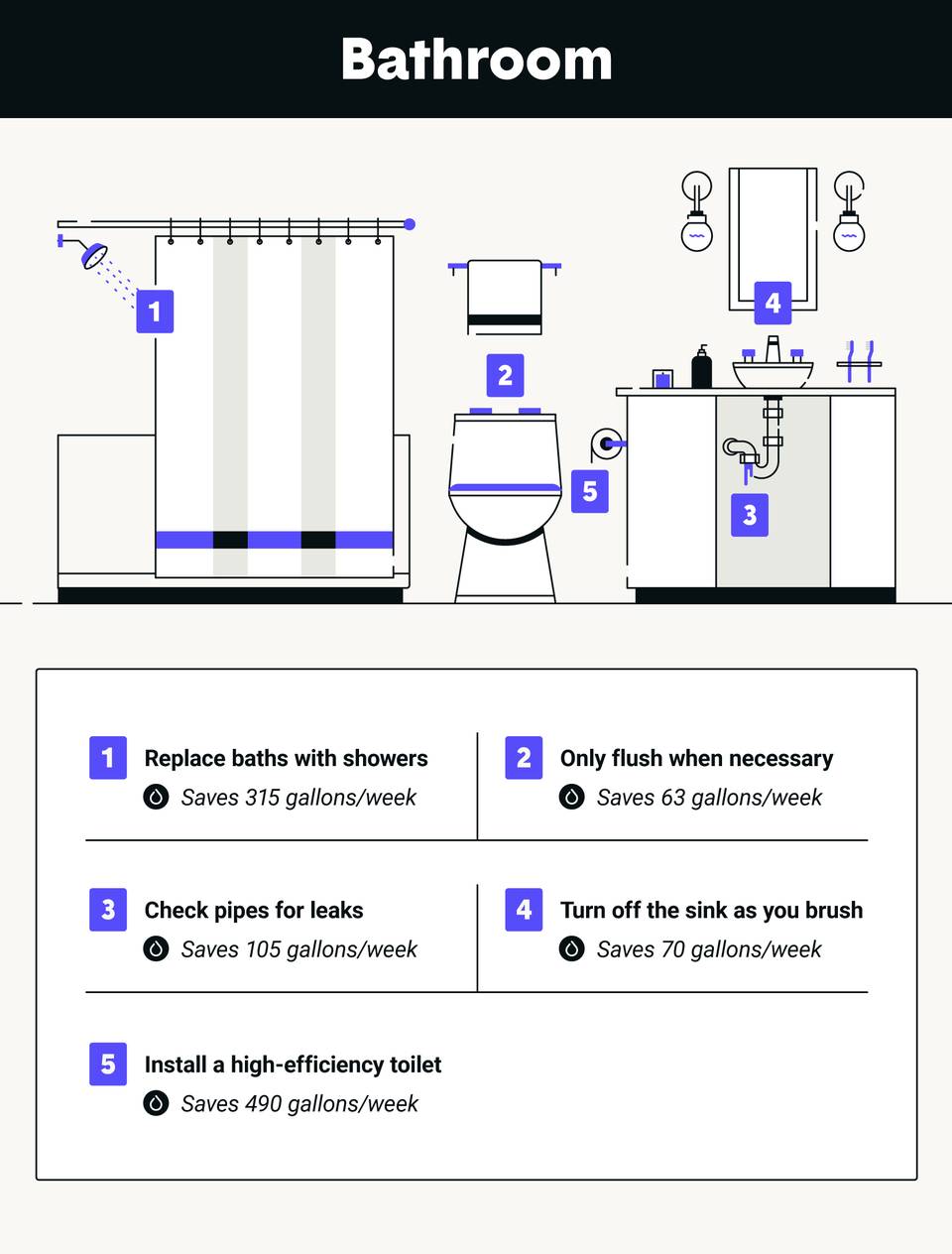
Water Conservation
Living in a sustainable home is not only good for the environment but also for your wallet. One area where you can make a big impact on reducing your water consumption is through implementing water conservation methods.
Methods to conserve water at home
There are several simple yet effective methods to conserve water in your home. Start by fixing any leaky faucets or toilets to prevent wastage. Another easy step is to turn off the faucet while brushing your teeth or lathering your hands. Taking shorter showers and only running the dishwasher and washing machine with full loads can also save a significant amount of water.
Low-flow fixtures and appliances
Consider installing low-flow fixtures and appliances in your home. Low-flow toilets use less water per flush, while low-flow showerheads and faucets restrict water flow without sacrificing performance. Using these fixtures can reduce your water consumption by up to 50% without compromising on comfort or functionality.
Rainwater harvesting systems
Installing a rainwater harvesting system is a great way to make use of the natural resource that falls right from the sky. Rainwater can be collected from your roof and stored in a tank for later use in watering plants, cleaning, or even flushing toilets. It's a sustainable solution that can significantly reduce your reliance on groundwater or municipal water sources.
Landscaping techniques for water conservation
When it comes to outdoor water usage, landscaping plays a crucial role. Choose native plants that are adapted to your region's climate and require less water. Grouping plants with similar water needs together and using mulch can help retain soil moisture. Additionally, consider installing a drip irrigation system to deliver water directly to plant roots, minimizing evaporation and runoff.
By implementing these sustainable home improvements, you can contribute to water conservation efforts and create a more environmentally-friendly living space for yourself and future generations.
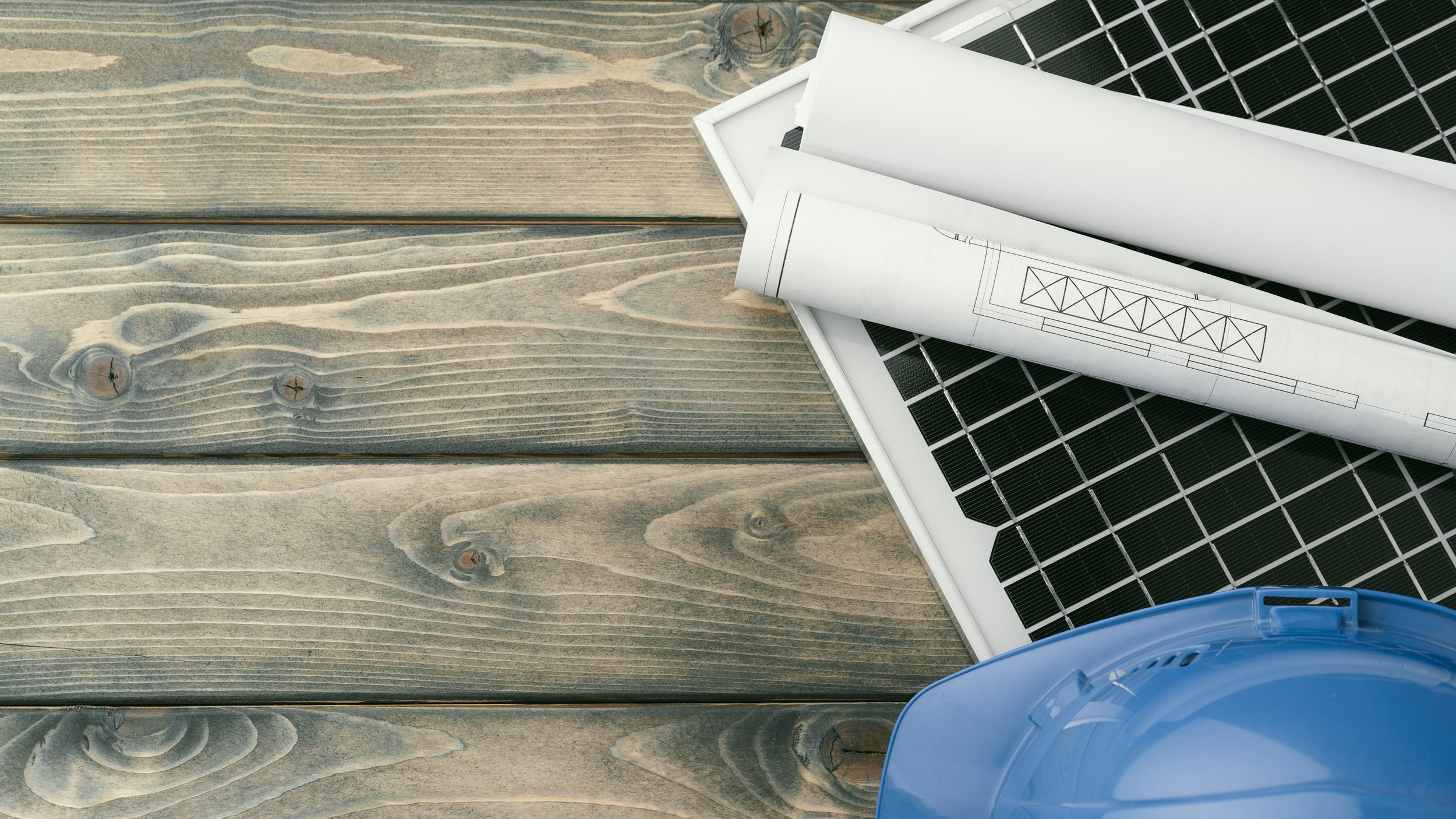
Sustainable Building Materials
Benefits of using sustainable building materials
When it comes to home improvements, incorporating sustainable building materials can have numerous benefits for both the environment and your wallet. Here are some key advantages:
-
Environmental Impact: Using sustainable building materials reduces the depletion of natural resources and minimizes harmful effects on the environment. These materials are often sourced from renewable resources or recycled materials, resulting in lower carbon emissions and less waste.
-
Energy Efficiency: Sustainable materials are designed to improve energy efficiency in your home. They can provide better insulation, reduce heat loss, and lower energy consumption, resulting in reduced utility bills and a smaller carbon footprint.
Examples of eco-friendly materials
There are several eco-friendly materials you can consider for your home improvements:
-
Bamboo: A sustainable alternative to hardwood, bamboo is fast-growing and easily replenished. It is durable, versatile, and adds a unique aesthetic to your home.
-
Recycled Glass: Made from recycled glass bottles, this material is widely used in countertops and tiles. It adds a beautiful touch to your home while reducing waste.
-
Reclaimed Wood: Salvaged from old buildings or furniture, reclaimed wood adds character and warmth to your home. It reduces the demand for newly harvested timber and promotes recycling.
Tips for incorporating sustainable materials into renovations
To ensure a successful incorporation of sustainable materials into your home improvements, here are some tips:
-
Research and Plan: Take the time to research various sustainable materials and their benefits. Plan your renovation project accordingly to incorporate these materials effectively.
-
Choose Certified Products: Look for certifications like the Forest Stewardship Council (FSC) label, which ensures the material comes from responsibly managed forests.
-
Recycle and Reuse: Whenever possible, recycle or repurpose materials from your renovations. Consider donating usable items to reduce waste.
By prioritizing sustainable building materials, you can improve the energy efficiency of your home, reduce your environmental impact, and create a healthier living space for yourself and future generations.


